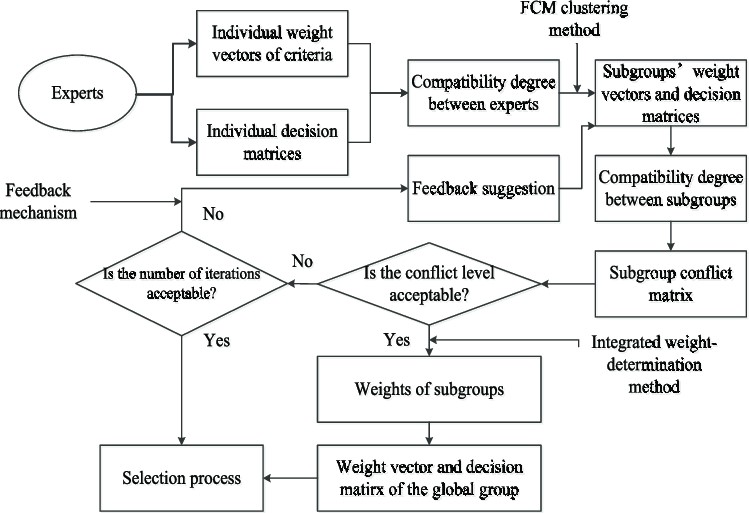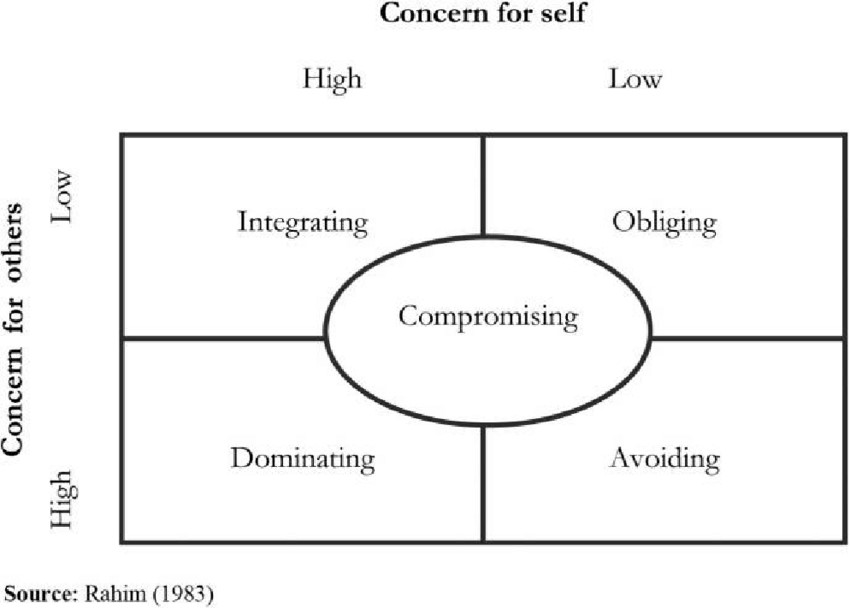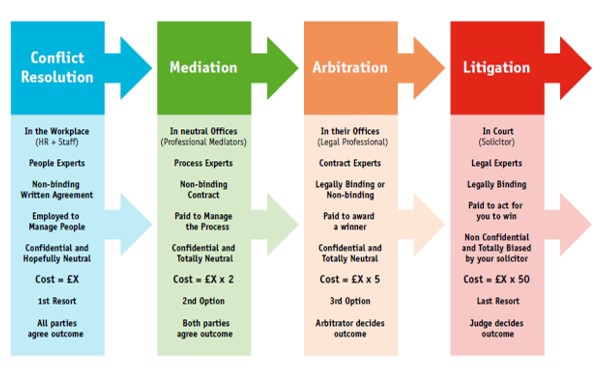
For most organizations, it is common for the administrators and the higher authorities to elicit a substantial amount of information from the employees to make a balanced decision. However, most people often associate conflicts with an unpleasant situation, which without interference, can cause serious repercussions. Thus, proper employee training should be provided to decision-makers as it can actually improve decision-making and ensure that such situations are handled well.
But if you are wondering what actual conflict resolution is, stay tuned!
What Is Conflict Resolution?
Before diving straight into conflict resolution, you should first know what conflict is.
Well, for starters, conflict is any type of disagreement occurring between two or more people within an organization or between the policymakers and the policies of the organization. It can have many forms and covers a broad spectrum. Everything ranging from emotional bullying to petty squabbles, passive-aggressive lack of cooperation to action-stopping disagreement between employees or managers can be counted as conflict.

It is something that everyone tends to avoid rather than embrace hence conflict resolution is vital. Simply put, conflict resolution is the process of terminating a dispute and reaching a common ground where all parties involved are equally satisfied. However, this requires more than just being able to tell the difference between arbitration and mediation.
Since as humans, conflict is unavoidable, learning complex skill sets can offer effective conflict resolutions facilitates discussions, controls emotional responses, and increases understanding rather than avoiding disagreements.
Factors Leading To Unresolved Conflict

Here are some cognitive errors that lead to unproductive conflicts:
This is when one or more party feels that they have the deciding power on what is fair and what is not based on their viewpoint. However, to resolve a conflict, you need to have a more neutral stance.
This can lead to undesirable outcomes during an argument or dispute. Furthermore, it can cause embarrassment and have detrimental effects while dealing with legal issues particularly if you are ill-prepared. Additionally, it also prevents one or more parties from listening to other perspectives and thus not aiming for any resolution.
This practice is all about circumventing conflict and includes bottling up grudges, changing the topic, or physically leaving the scene altogether.
This is one of the biggest contributors when it comes to rising conflicts. Here, one or more parties are ridding themselves of responsibilities thus finding faults in one another. While blaming can make it very difficult for the involved parties to agree, it is also impossible to reach a satisfactory conclusion.
This is one of the most common and destructive of all. emotional volatility during conflicts is often presented as insults and this might ruin the chances of reaching a reasonable and calm conclusion. This not only calls for a hostile environment but might also lead to the other party entirely withdrawing from the conversation.
Can Conflict Resolution Contribute To Effective Decision-Making?

Here are some common resolution techniques used during conflicting situations to reach an unbiased decision:
Active listening is the heart of every conflict resolution strategy. It refers to the practice where you are focusing on what each party is saying. After listening to the whole story, you then include their sentiments while making decisions. This skill not only fosters discussions, but also boosts mutual understanding by making everyone feel heard.
As already seen emotional volatility can have devastating effects regulating your emotions is essential while trying to resolve a conflict. Lean on your emotional intelligence and put the expectations in the right place, utilize your anger management skills so that everyone can reach a common ground without being swayed by their emotions.
This is the foundation of every conflict resolution strategy. Effective communication not only clears misunderstandings, resolves professional and personal problems but also prevents a similar situation from happening in the future. If you feel something is off after you have announced your decision immediately communicate with the affected people via verbal or non-verbal communication to explain yourself and sort things out.
Just because you are in the deciding position does not immune you from making mistakes. And when you do realize you are in a fix, it is better to apologize than to allow the other person to develop a never-ending grudge against you. Every successful conflict resolution involves a proper understanding of all perspectives and hence apologizing when needed enables the people involved to understand why you have made a certain decision.
The Bottom Line
There are no winners or losers in a conflict resolution and the key point is to create a constructive strategy that will help in decision-making. If your team is plagued with a lot of bad conflicts, then it is time to make things right. Consider pursuing a master trainer program to know the root causes and solve them before things get worse.
Looking for earning a trainer training certificate? If yes then give us a call at 9830029766. You can send us an email on Email: ctpdasia@gmail.com.
Written By : Victoria Lewis
Centre For Training & Professional Development (CTPD) - The Trading brand of TTA Training Private Limited, India is a ISO 9001:2015 Company




© 2021 - Centre For Training & Professional Development (CTPD). All Rights Reserved. Centre For Training & Professional Development (CTPD) trading brand of TTA Training Pvt. Ltd (India) - CIN U80902WB2016PTC215839, Asia Teachers Training Co., Ltd (Thailand) - Registration No. 0105558193360 & Asian College Of Teachers Ltd (UK) - Company Number 9939942 & Asian College Of Teachers LLC, (USA) - Federal Tax Identification Number 30-1261596
Designed by kreativewebtech